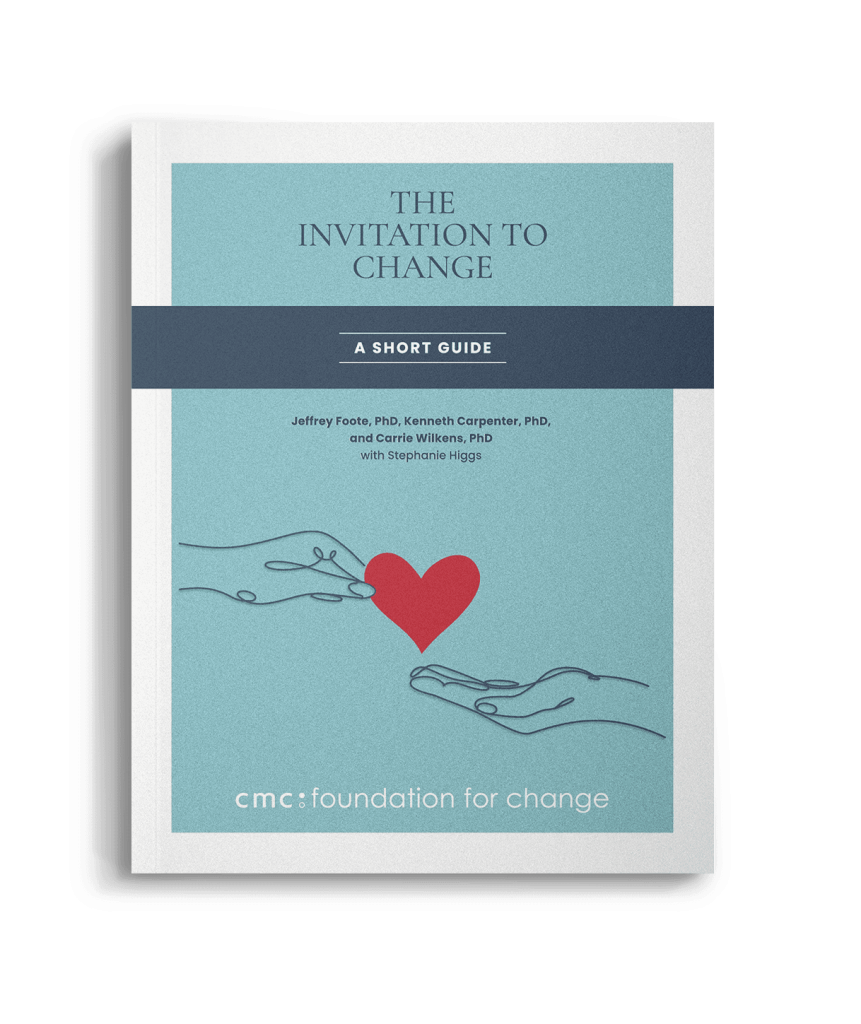Sometimes it’s a small nagging voice…sometimes it’s a thundering judgement…but it may well be a tiring, painful accompaniment in your head these days: “It’s me…my husband’s struggles with substances are my fault.” There are many versions of this internal dialogue:
“If I had only been more (or less)…”
“If I had just let her…”
“I should have talked him out of going on those medications”
“Why didn’t I say something when I first suspected?”
When your partner is struggling with substance use issues, it is normal to rethink paths you have taken. Feeling regret about all the pain everyone is in is also natural. There is, however, another very common emotion that is not so helpful, and is in fact extraordinarily painful, and that is shame.
Shame is a complicated, intensely uncomfortable, and “sticky” emotion (meaning it grabs on and is hard to shake off). It usually comes about in response to something you feel you have done wrong or reactions you have had that you feel bad about. It includes feeling exposed, vulnerable, unsure and sometimes humiliated and it ends up feeling like it’s “who you are.” In contrast to the dull ache of regret, shame has a sharp, cutting edge that makes no distinction between reasonable and unreasonable. It makes teasing apart what you have done well, and what you might do differently almost impossible, as everything is thrown in the same basket and seen as bad, your fault, and unforgivable.
While shame is usually about one’s own actions/thoughts, your partner’s actions, feelings, and experiences expose you to feeling shame for them, about them and about yourself. The worst pain? Feeling ashamed of feeling ashamed about your partner. This is not semantics, but the real experience of loving someone with a substance problem. It’s not fair, but it is intense and real, and a burden worth reckoning with.
As a partner, there are any number of pathways leading to feeling shame. One of the most common is guilt about things that you have said out of anger or confusion (e.g., “I can’t believe you are a drug addict!” or “You are a disgrace”). Another is feelings of misgiving about how things were handled (e.g., “I wasn’t around enough” or “I was too hard on him…I didn’t know he was depressed”) or decisions that were made along the way (e.g., letting drug use go unaddressed early on). Shame can also come from the stigma associated with substance use problems in our culture (e.g., “only weak losers get in trouble with drugs”, “all addicts are liars and can’t be trusted”). These difficult thoughts and feelings not only result in shame, but can also push in 3 potential negative directions: a desire to isolate or withdraw from others; an effort to make up for errors by being “perfect”; or, a tendency to blame others because what you are feeling is so painful.
Isolating – At it’s core, shame is full of self-judgments, and it’s often accompanied by a fear that others are judging us just as harshly. This is a particularly destructive aspect of shame as it causes you to pull away from the support of others and instead move toward isolation. You may find yourself thinking everyone else seems to have their life in order (e.g., “None of my friends are dealing with this…they all seem to be fine in their relationships!”) and the shame you feel causes you to keep the problem to yourself, leading to suffering alone. The shared human experience of struggle or disappointment can connect you to other people in similar situations, but shame pushes you to keep failings and setbacks to yourself.
Seeking Perfection – Another common reaction to shame is to dedicate an enormous amount of time and energy trying to accomplish the impossible – trying to avoid the future experience of shame by striving for perfection, by “making it all work.” Truthfully, everyone has moments they regret, even deeply, and feel disappointed in themselves. Shame causes you to think that no one else has “screwed up” as much as you have and that you need to “make sure this never happens again.” Perfection seeking, however, is the opposite of the resilience building you could use most in this struggle.
Externalizing Blame – Another common response to shame is to turn it on others: “It’s THEM, not ME!” Although this distracts you from your distress in the short-term (“Can you believe what he did THIS time”!), self-doubt and self-attack lurk in the background, only to seep back in later. In addition, this reaction holds you back from taking a closer look at behaviors that may be worth changing or modifying. “Failing” and being open to looking at what is actually going wrong allows you to learn, grow, and improve. Shame causes you to keep your focus on the faults of others, preventing learning and growth on your part.
SELF-COMPASSION: AN IMPORTANT ANTIDOTE
While painful, being aware of shame can help you change the course of things for yourself and your partner. Put simply, taking the time to experience the emotional part of being human, such as the sadness of losses, and the regrets of damage done and opportunities missed, can lead you back to other people and to positive connections. You can apologize if you need to. You can ask for help and support from others who care about you or have gone through similar life circumstances. You can move forward and unload some of this baggage. Ultimately, these are all part of finding compassion for yourself. If instead you stay stuck to the shame, dwelling on your “badness” or your family’s “sickness,” you are likely to be led away from other people and into hiding.
And finding compassion for yourself? Easier said than done but crucially important. Self-compassion involves noticing your suffering (e.g., becoming aware of shame, sadness, stress, anger, etc.), practicing self-kindness during painful experiences, and recognizing suffering as an aspect of life experienced by everyone. How will strengthening your self-compassion muscles benefit you? First and foremost, it contributes to the “oxygen” you need, the “fuel in the tank” to manage difficult situations with your partner. Modeling this way of relating to yourself (with kindness and care) will also help your partner learn how to deal with the pains of life in a gentler and healthier manner (they have an inner critic within them too).
But we want to be practical again. Left unattended, shame is corrosive, exhausting and harmful to everyone, not just you. And as with many things we describe in the 20 Minute Guide, it takes practice to shift away from this pull of shame. It requires that you practice treating yourself kindly during and after moments that do not go so well. It is inevitable that mistakes will be made and that you will stumble, maybe time and time again. Tripping may be beyond your control, but you can control how you respond to each fall, including responding to yourself in a kinder, gentler and more respectful manner. The truth is, however, that many people don’t believe they are deserving or capable of self-kindness. Fortunately this is a skill that can be fostered and strengthened through – PRACTICE! PRACTICE! PRACTICE! It is also one you cannot afford to ignore in this guide.
Next Page: Helping With Words


